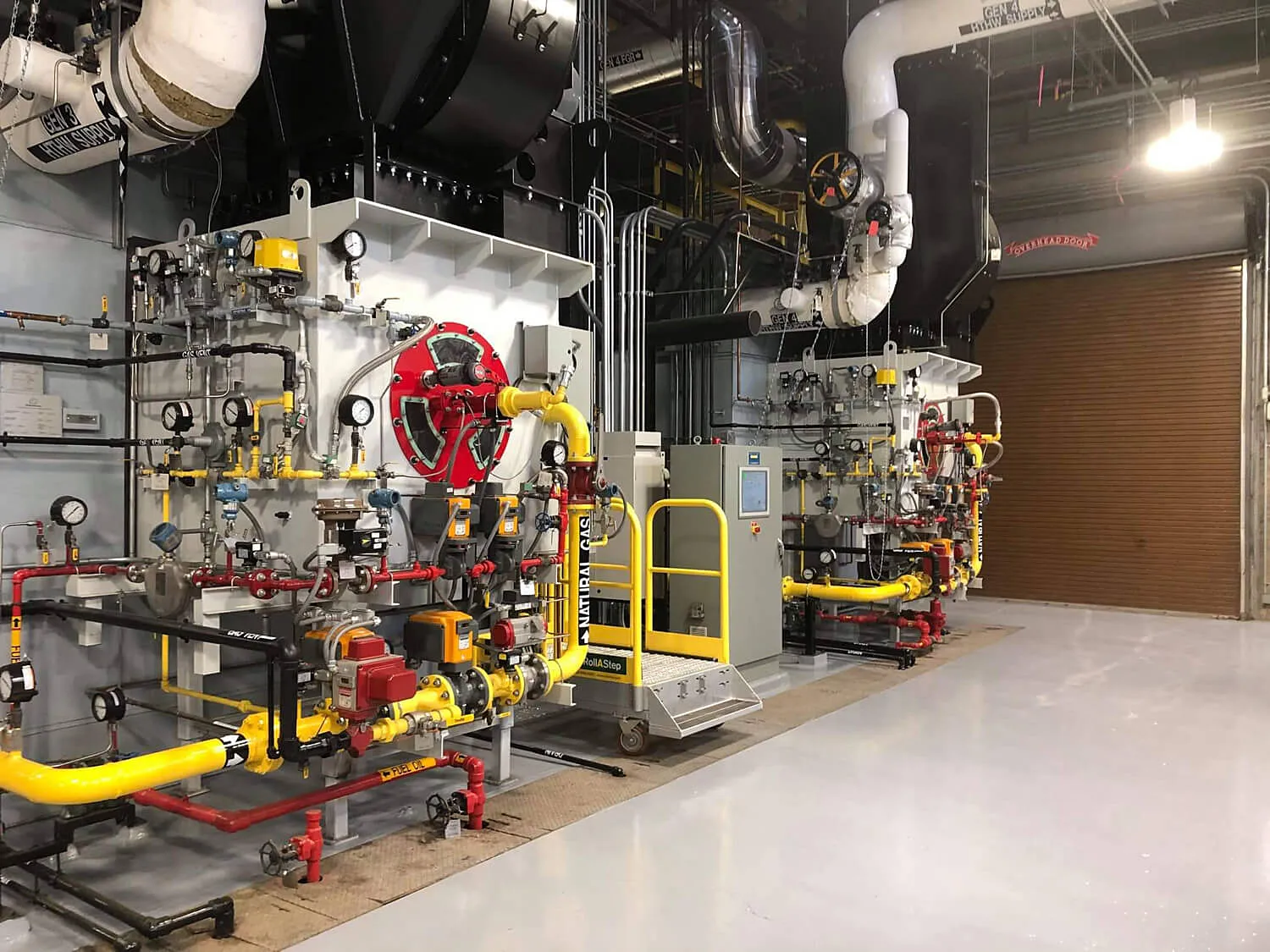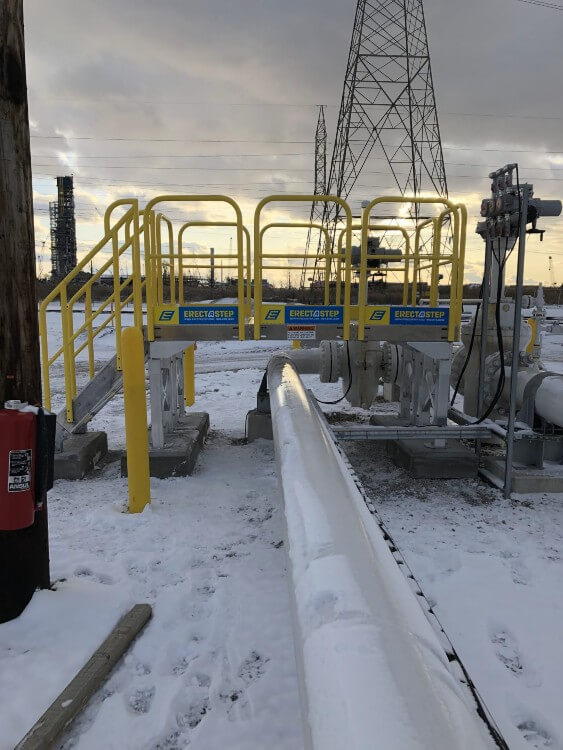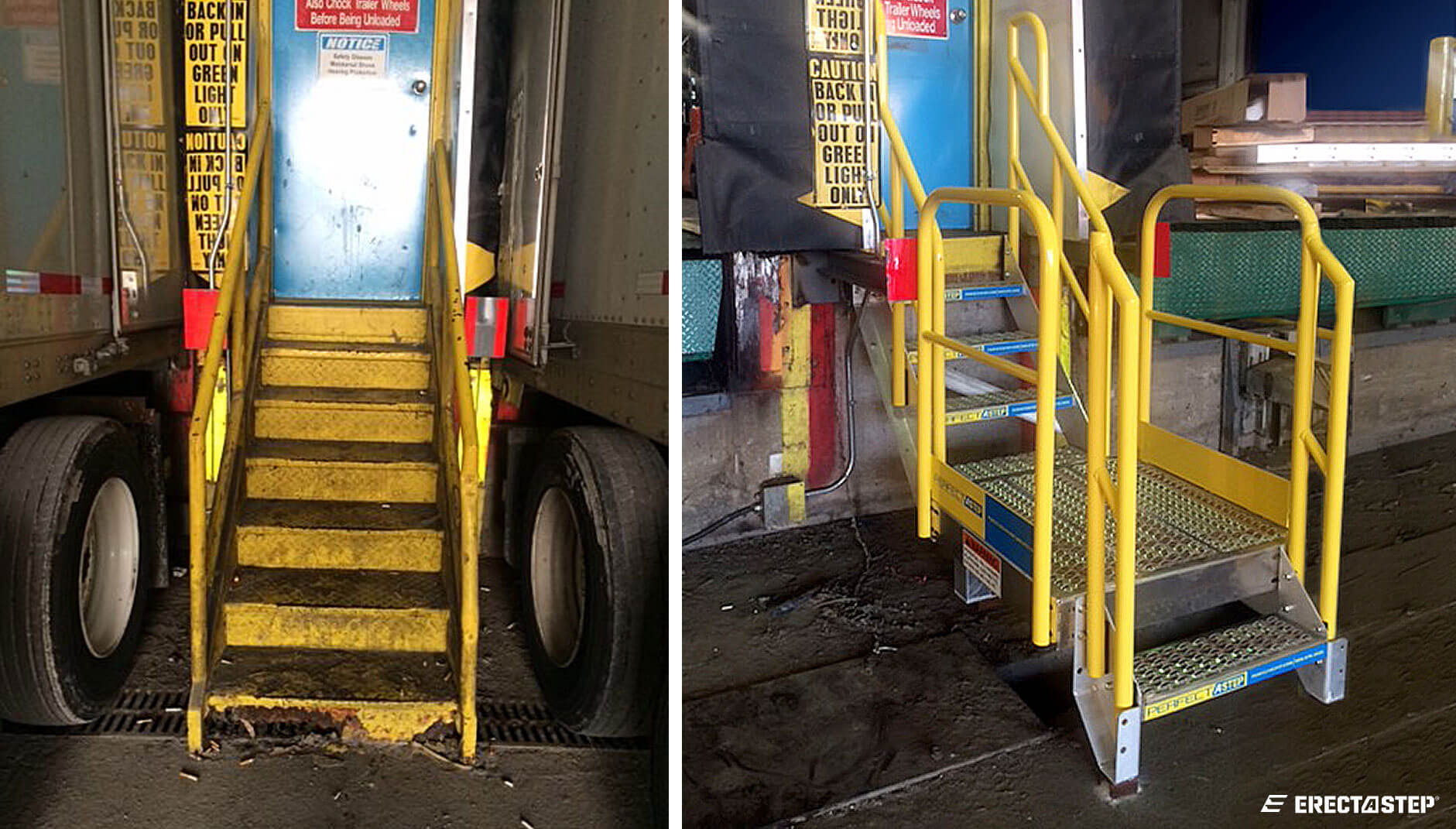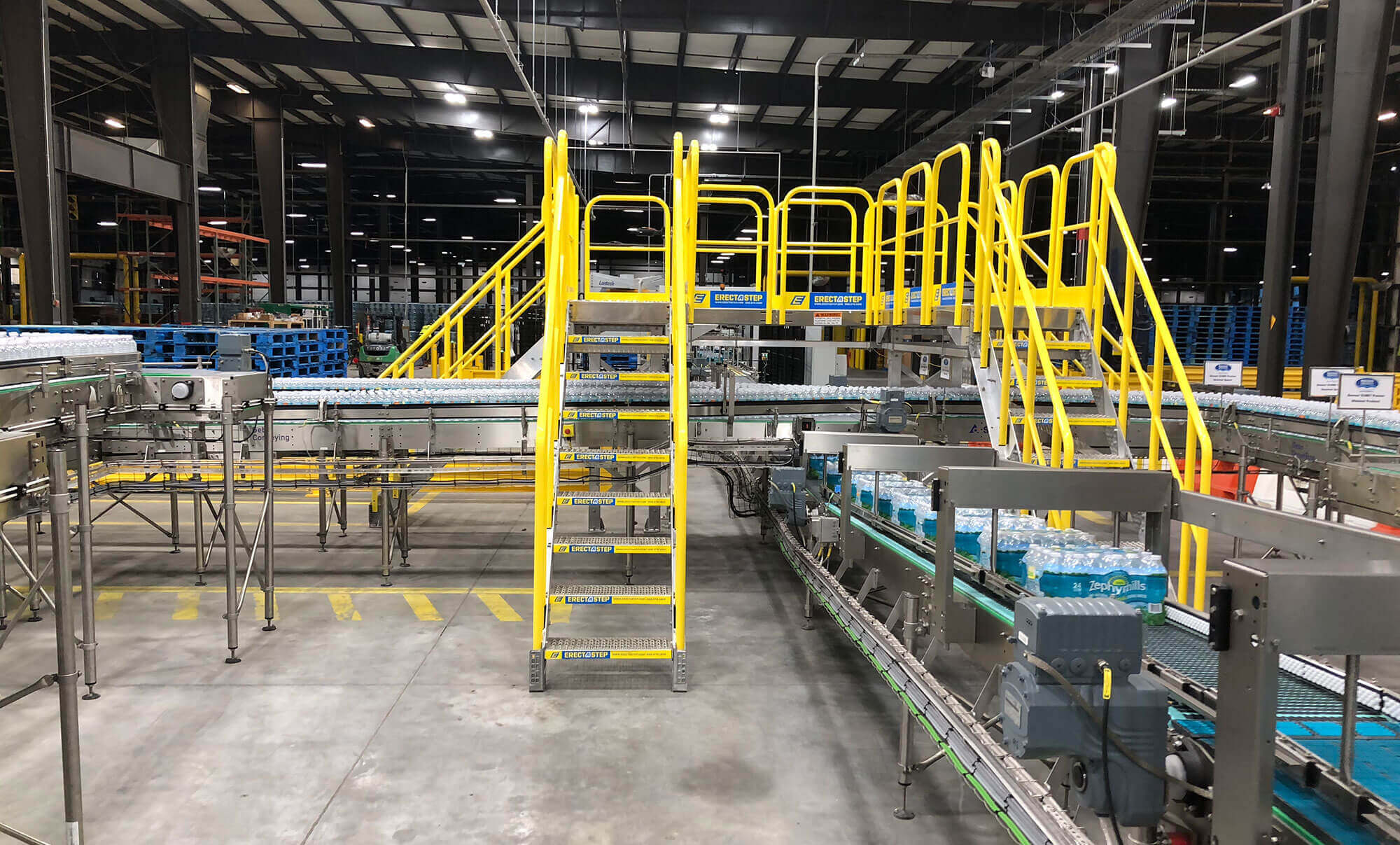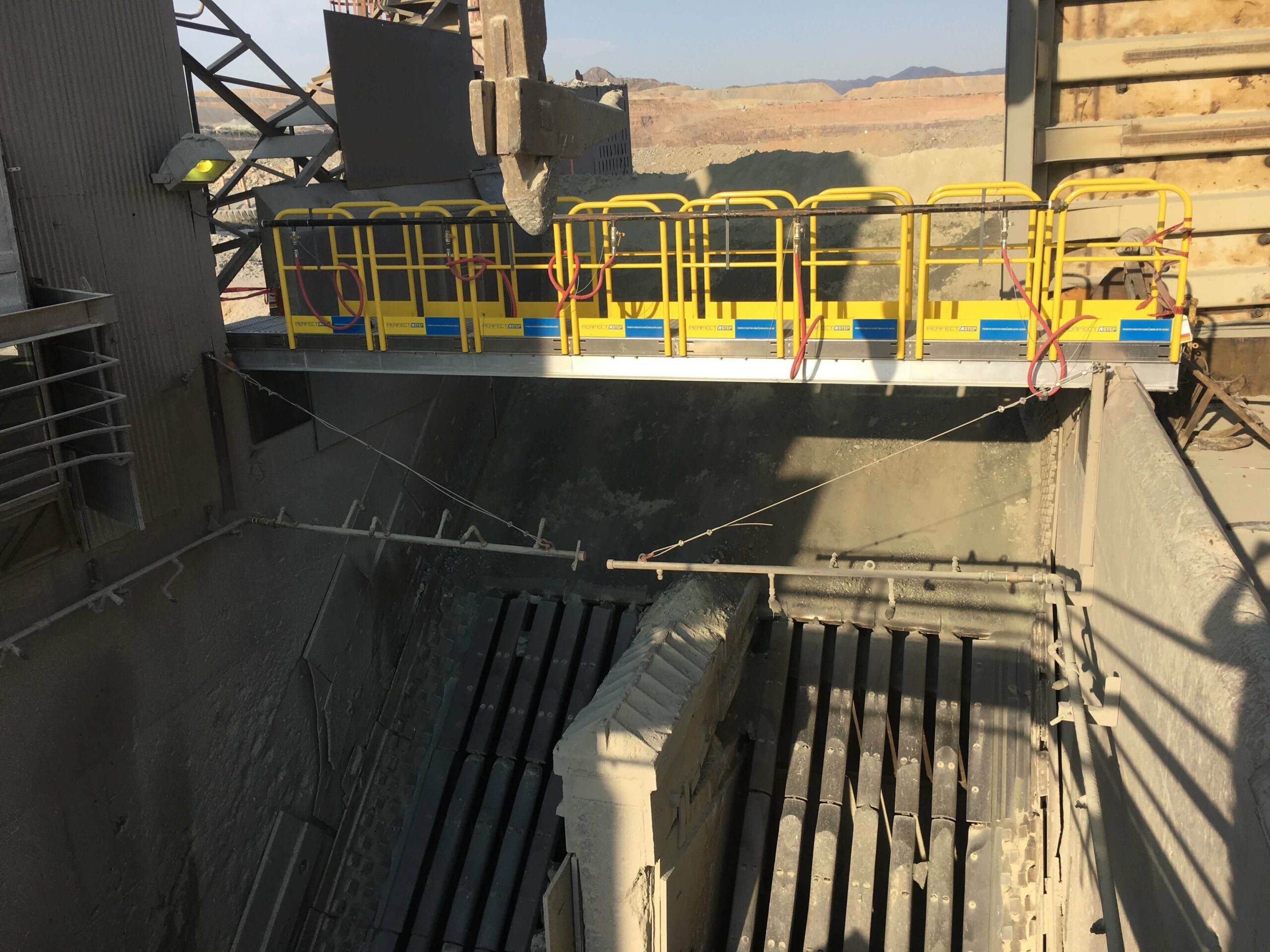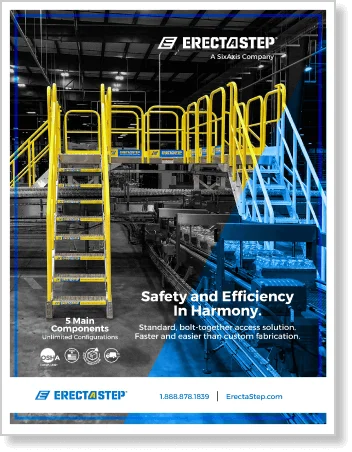Boiler rooms are often one of the most dangerous places in facilities. This is because they house large boiler units that use steam and combustion to generate power. These boiler units can explode if they are not properly monitored and maintained.
Many people think of boilers only in the context of power plants, but they are vital components of many buildings. A boiler is a closed vessel where water or other fluid is heated. The heated fluid then flows through a system of pipes to deliver heat to the rooms of a building. Boilers are most commonly used in buildings with central heating systems, such as schools and office buildings. In the winter, when temperatures outside are cold, the boiler circulates hot water or steam to maintain a comfortable indoor temperature. Boilers are also used in some industrial processes, such as laundry and dyeing, where high temperatures are necessary for successful operation.
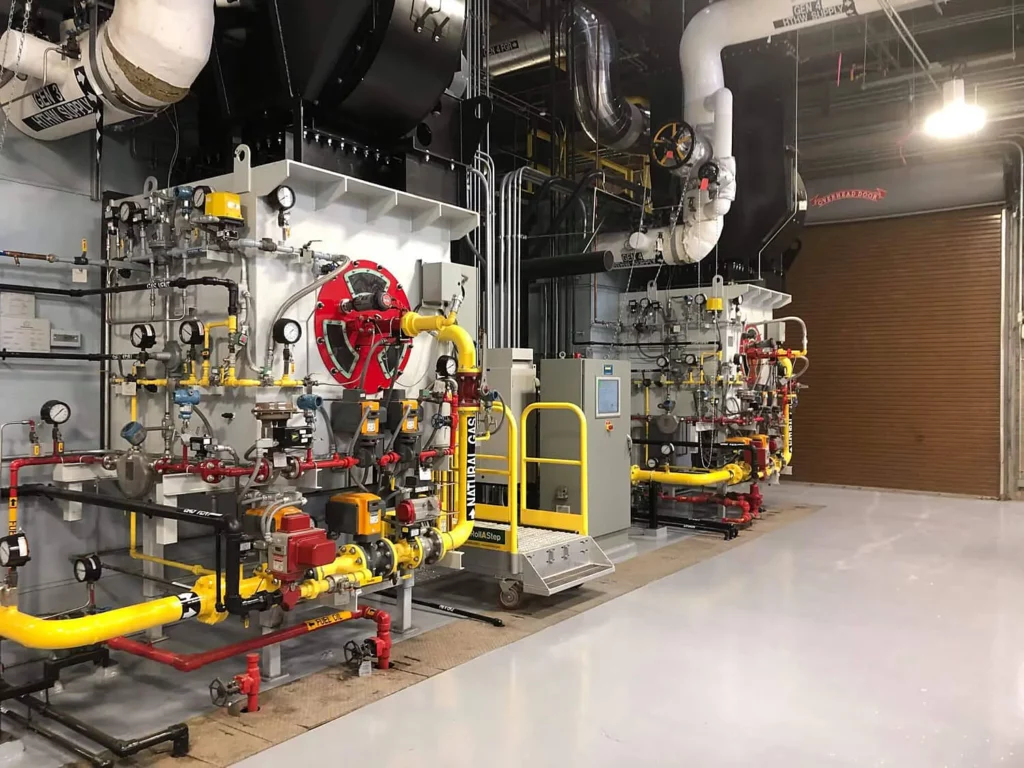
When SUNY in Plattsburg needed to update its central heating system equipment, its contractor wasted no time choosing only the best rolling platforms to maintain the system they installed at the university.
Boiler rooms are full of potential hazards for workers. Moving machinery parts look innocuous, but they hide threats as they can be caught in high-pressure steam or hot surfaces. Valves and gauges in elevated locations are other hazards that need attention, as they can be difficult to reach and may require special training to operate safely. In addition, boiler rooms often have high ceilings, making it difficult to see potential hazards. As a result, workers must be aware of the dangers in boiler rooms and take precautions to stay safe.
Boiler operators should have a duty checklist listing routine duties. This helps to ensure quality and consistency in performing various tasks. The checklist should include any special conditions, which safety checks were completed, and what needs to be done. For example, boiler operators may need to check the water level, the oil level, the pressure gauge, and the safety valve. Boiler employees may also need to clean the boiler, service the boiler, and perform other maintenance tasks. By following a duty checklist, boiler operators can help to ensure that boilers are safe and efficient.
Boiler controls are often located up high, making them difficult to reach. Rolling platforms provide an easy way to access these controls, helping to improve boiler efficiency and safety. Control panels for boilers can include valves, gauges, and pipes, which are essential for regulating boiler operation, and water levels need to be at eye level for accurate visuals. By having rolling platforms in place, boiler operators can easily reach different heights while rolling them away at various spots, making it easier to make adjustments as needed. In addition, rolling platforms help to protect boiler operators from burns and other injuries by keeping them away from hot surfaces. As a result, rolling platforms are a no-brainer for any facility with large boiler tanks.
The boiler room is a high-pressure, high-temperature environment full of steam. This steam causes boiler metal to oxidize, which leads to rust. Rusting and pitting boiler metal can weaken the boiler by thinning the metal pipes. Corrosion also causes pitting and channeling of the metal, which results in the thinning of tubes, piping, and other boiler components. Although rust is inevitable in a boiler room, some things can be done to help prevent it. Boiler rooms should be well ventilated to help reduce the air’s moisture. Additionally, regular maintenance and inspection of boiler components can help identify corrosion before it leads to serious damage. Rust can also be carried over to metal stairs and crossover equipment; aluminum-based stair components are recommended in boiler rooms because of their rust-resistant properties.
When working with boiler systems, following OSHA safety regulations to prevent injuries is important. Aside from work platforms, OSHA also requires safety gloves, protective clothing, and eye protection when there is a reasonable probability of avoiding damage to the eyes or face from flying particles, molten metal, liquid chemicals, chemical gases, radiant energy, or a combination of these. Eye protection is worn when replacing a gauge glass. In addition, safety gloves and protective clothing should be worn when performing any maintenance on the boiler system to prevent burns or other injuries. By following these safety guidelines, boiler operators can help to ensure a safe work environment.
It’s important to know that boiler explosions are possible in any industrial facility involving steam and combustion. Boiler rooms are particularly susceptible to explosive threats because of the large amount of heat and pressure that is present. Even a small boiler can contain enough energy to level a building, so it’s important to take measures to prevent an explosion. One way to do this is to ensure that the boiler room is well-ventilated, which will help prevent the build-up of combustible gases that can lead to an explosion.
Additionally, it’s important to inspect boiler equipment for signs of wear or damage regularly. If problems are found, they should be fixed immediately by qualified personnel. By taking these precautions, you can help to prevent a devastating boiler explosion from occurring. Inspections and maintenance are where rolling platforms can be a huge benefit as workers can do their tasks efficiently when they can roll away these platforms during routine maintenance.
